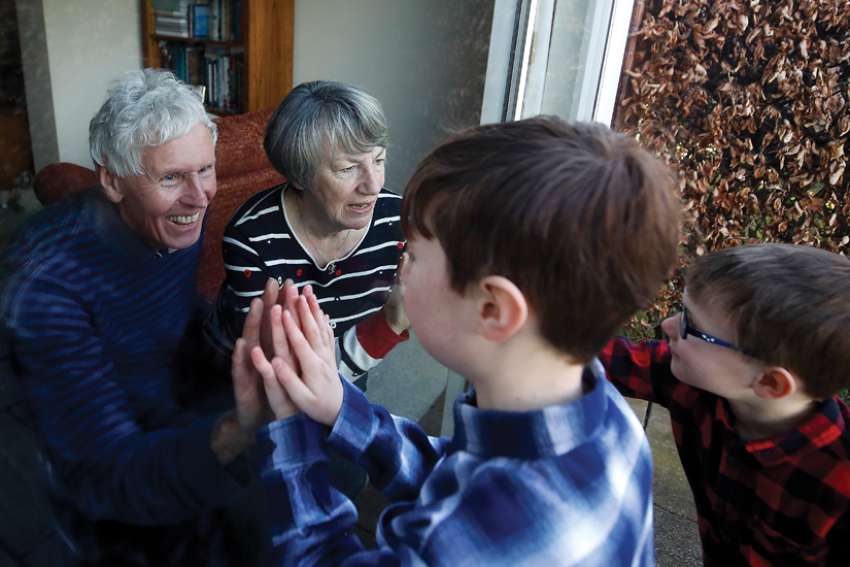This article will briefly highlight some strategies that may want to be considered.
ESTATE FREEZE
When an individual passes away with no surviving spouse, all of his/her world wide assets are deemed to be disposed of at fair market value at the time of death. The deceased individual typically bears an income tax liability on his/her terminal death income tax return, based on such appreciation to fair market value.
An estate freeze is a common plan used by individuals who own shares in active business corporations as well as well as passive investments such as rental properties or other appreciated investments such as marketable securities. Typically, with an estate plan, an individual will transfer his/her assets to a new holding company in exchange for fixed value shares.
In order to avoid adverse income tax consequences, it is important that the proper fair market values be used, which may require a business valuation. The transferor can still control the asset by ensuring he/she receives some voting non-growth shares of the holding company.
At the same time the children/grandchildren (via a possible family trust) of the transferor purchase new growth shares. The future growth in the value of the transferred assets will accrue to the next generation.
The resultant transfer will allow more value to remain with the family unit, as the children are expected to live longer than the transferor and hence defer paying income taxes on the increase in value.
If other family members are introduced into an active Canadian business there is a possibility of further reducing overall future income taxes by splitting the eventual capital gain between family members and hence multiplying the favourable tax treatment granted on the sale of small business corporation shares. Another potential benefit of transferring ownership of directly-owned assets into a holding company would be minimization of probate fees, assuming that proper Wills are set up.
Where an estate freeze was already in place and the values have decreased, the original transferor can re-organize the original freeze and re-freeze the estate at the lower values. Again, this will allow the new growth shareholders to participate in more future growth and hence defer more of the tax that would have otherwise occurred under the original freeze.
CRYSTALIZE CAPITAL LOSSES
A decline in value of marketable securities can be used as an opportunity to recover income taxes previously paid or reduce the income taxes on gains realized in the current year.
If total of the gains/losses result in a net capital loss for the year, this can be carried back to recover capital gains taxes paid in the prior three years. This mechanism is especially helpful in the first year of an estate.
Here, any net capital losses realized can be used to offset the potentially huge capital gains realized by the deceased in the year of death. If the losses can be crystalized within the first year of the estate, and the maximum amount of the losses realized, then the potential tax recovery can be maximized.
LOANS TO SPOUSES OR OTHER FAMILY MEMBERS
Given reduced values in assets, individuals can loan funds to other family members (typically spouses, children and grandchildren) at a prescribed rate of interest, currently at one per cent (for the duration of the loan), in order to purchase income-producing assets. This will allow high income individuals to split income with lower income individuals, who are in lower marginal income tax rates on a go forward basis. If funds are loaned, it is very important that interest be paid within 30 days of the following year, otherwise any income earned on the transferred assets will accrue back to the original transferor.
CONCLUSION
Given the potential drop in valuations of passive and active business assets as a result of COVID-19, now may be an opportune time to visit transferring assets to the next generation to minimize the income taxes for individuals who own appreciating assets.
All previous estate freezes should be reviewed with an opportunity to re-freeze the estate to reduce the income taxes that will otherwise be due as a result of an initial estate freeze.
(Cusimano and Morini are partners with Williams & Partners LLP in Markham, Ont., and each have several years of experience in the estate planning area.)


